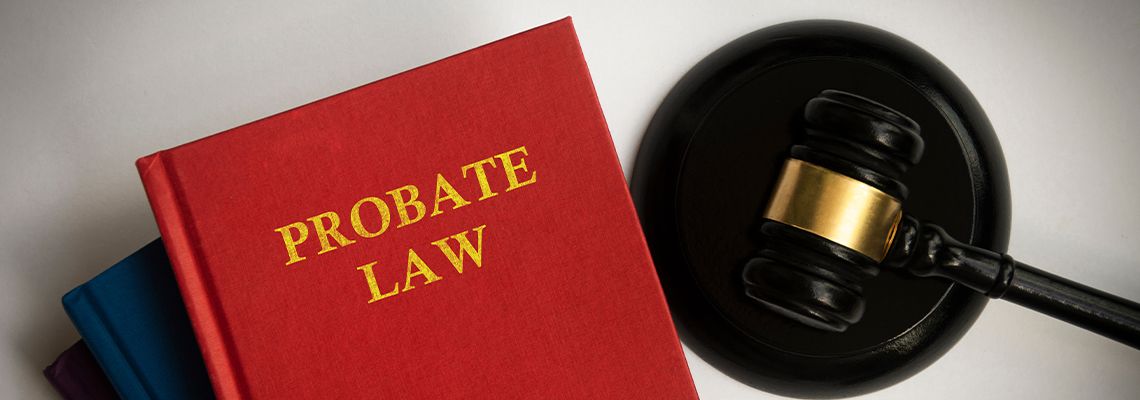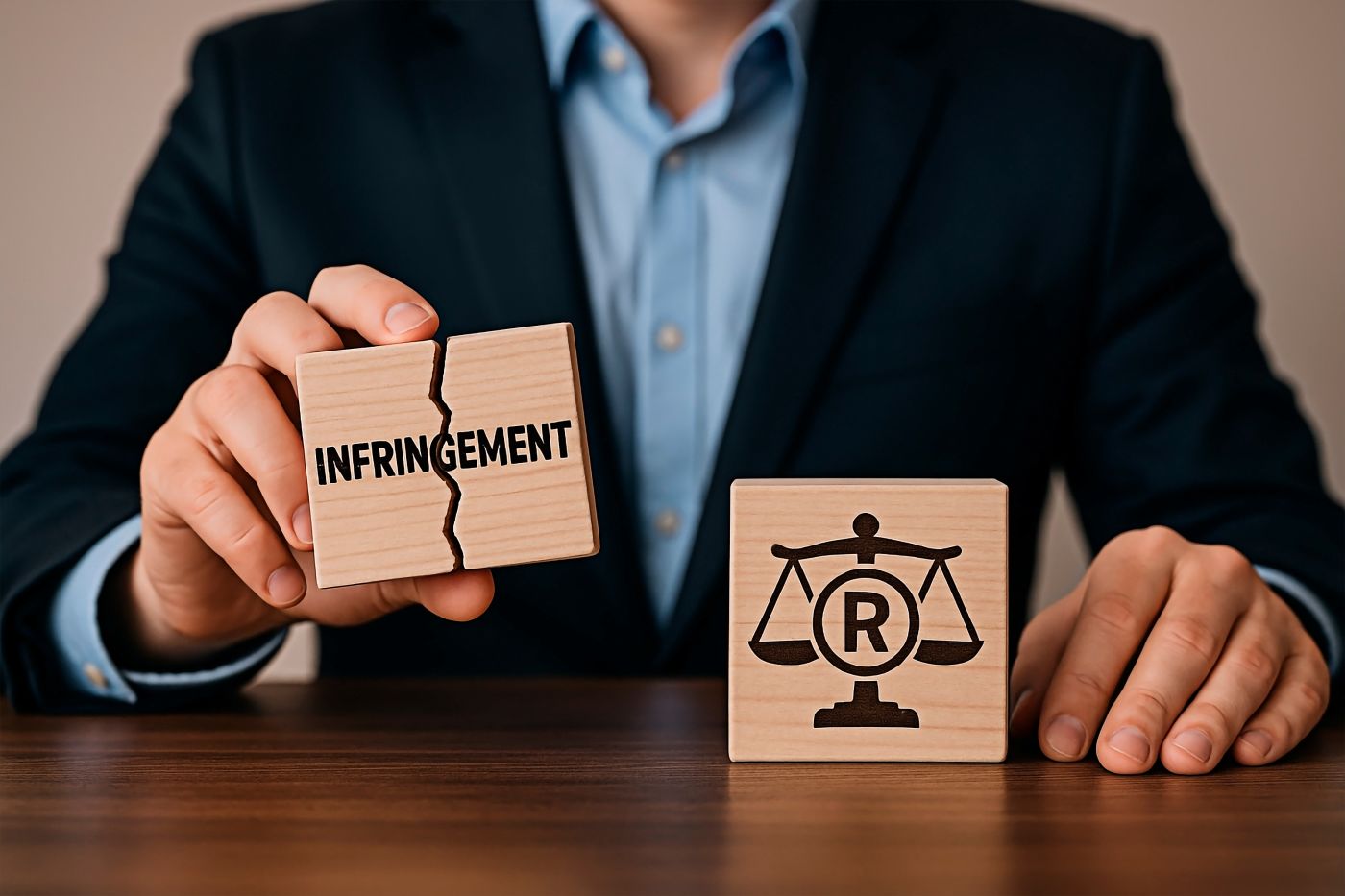
Probate can be a lengthy and complicated process. At Barsik Law Offices, we aim to simplify it for our clients in Lehigh Valley, Pennsylvania, Allentown, Philadelphia, Stroudsburg, and surrounding areas.
Our skilled estate lawyer, Sean E. Barsik, has extensive experience guiding families through estate planning so that their wishes are respected and assets protected.
Read on for tried-and-tested strategies to avoid probate in Pennsylvania.
Understanding Probate
Probate is the court-supervised process of validating a deceased person's will, settling debts, and distributing assets to beneficiaries. While probate ensures assets are distributed according to the decedent's wishes, it can be time-consuming and costly. Delays and legal fees often frustrate grieving families, making it imperative to explore alternatives.
During probate, the court appoints an executor to manage the estate, settle debts, and distribute assets. Depending on the estate's complexity and any disputes that arise, this process can take months or even years.
The executor must also use the estate's assets to pay off any outstanding debts before distributing the remaining assets to the beneficiaries. Given these potential complications, many people seek ways to bypass probate altogether.
Benefits of Avoiding Probate
Avoiding probate can offer significant advantages, both financially and emotionally.
Cost savings: Bypassing the probate process can significantly reduce legal fees, court costs, and other associated expenses, allowing more of the estate's wealth to be passed directly to beneficiaries.
Faster distribution: Avoiding probate often results in a quicker distribution of assets to heirs, enabling families to access their inheritance without the lengthy delays typically associated with court proceedings.
Privacy: Unlike the probate process, which is a public record, alternative methods like trusts keep the details of an estate confidential, protecting the family's privacy.
Reduced conflict: Probate can sometimes lead to disputes among family members or beneficiaries. A clear estate plan can minimize conflicts, creating family harmony during a difficult time.
Control over asset distribution: Establishing mechanisms to avoid probate, such as trusts or payable-on-death accounts, gives individuals more control over how their assets are distributed, allowing them to tailor their wishes specifically to their loved ones.
Joint Ownership and Beneficiary Designations
One method to avoid probate is through joint ownership of assets. When assets are jointly owned, they automatically transfer to the surviving owner(s) upon one's death. For example, a jointly owned bank account or real estate property allows the surviving owner to assume full ownership, bypassing probate.
Another strategy is naming beneficiaries for accounts such as life insurance policies, retirement accounts, or payable-on-death (POD) bank accounts. These assets transfer directly to the named beneficiaries without going through probate. It is important to keep beneficiary designations up to date so that your assets are distributed according to your wishes.
Creating Living Trusts
A living trust is another tool that can help avoid probate. By transferring ownership of your assets to a trust, you designate a trustee who manages the assets for your benefit during your lifetime and distributes them to your beneficiaries upon your death. Since the trust, not the individual, owns the assets, they do not go through probate.
Living trusts offer flexibility, allowing you to amend or revoke them during your lifetime. They also offer benefits, such as protecting your assets from creditors and maintaining control over how assets are distributed.
Gifting Assets During Your Lifetime
Gifting assets during your lifetime is a practical way to reduce the size of your estate and avoid probate. It can be a meaningful way to see the impact of your generosity firsthand. It allows you to support your loved ones during your lifetime and may even create tax benefits for you and your heirs.
By transferring ownership of assets to your heirs, you reduce the assets subject to probate upon your death. However, you must also consider potential tax implications and consult with a legal professional to make informed decisions.
Probate Laws in Pennsylvania
In Pennsylvania, the probate process is governed by state laws, which dictate how estates are administered and distributed.
Here are three key points about probate laws in Pennsylvania:
Intestate succession: If a decedent dies without a will, Pennsylvania's intestacy laws apply. The state's laws determine how assets are distributed among surviving relatives, which may not align with the deceased's wishes.
Elective share: Pennsylvania allows a surviving spouse to claim an elective share of the deceased spouse’s estate, regardless of the provisions in a will. This share is typically one-third of the estate, ensuring that the surviving spouse has a right to a portion of the deceased's assets.
Filing requirements: The executor is responsible for filing the will and a petition for probate with the Register of Wills in the county where the decedent resided. Specific documents and forms must be completed to initiate the probate process, and there are time limits for filing, which vary depending on the nature of the estate and the decedent's circumstances.
Common Misconceptions About Probate
There are several misconceptions about probate that can lead to confusion and inaction. One common myth is that having a will allows you to avoid probate entirely. While a will provides instructions for asset distribution, it still goes through the probate process. To bypass probate, additional measures, such as those mentioned earlier, must be taken.
Another misconception is that probate is always a lengthy and costly process. While this can be true for complex estates, there are ways to simplify and expedite probate, especially for smaller estates.
Probate Attorney in Lehigh Valley, Pennsylvania
Estate planning plays a pivotal role in ensuring your wishes are respected regarding the management and distribution of your assets in the event of incapacity or passing.
At Barsik Law Offices, we offer comprehensive estate planning services, including drafting wills and trusts, minimizing taxes, and preparing your assets for distribution. Our dedicated estate lawyer, Sean E. Barsik, proudly serves clients in Lehigh Valley, Pennsylvania, Allentown, Philadelphia, Stroudsburg, and surrounding areas, providing personalized guidance to ensure peace of mind for you and your loved ones.


